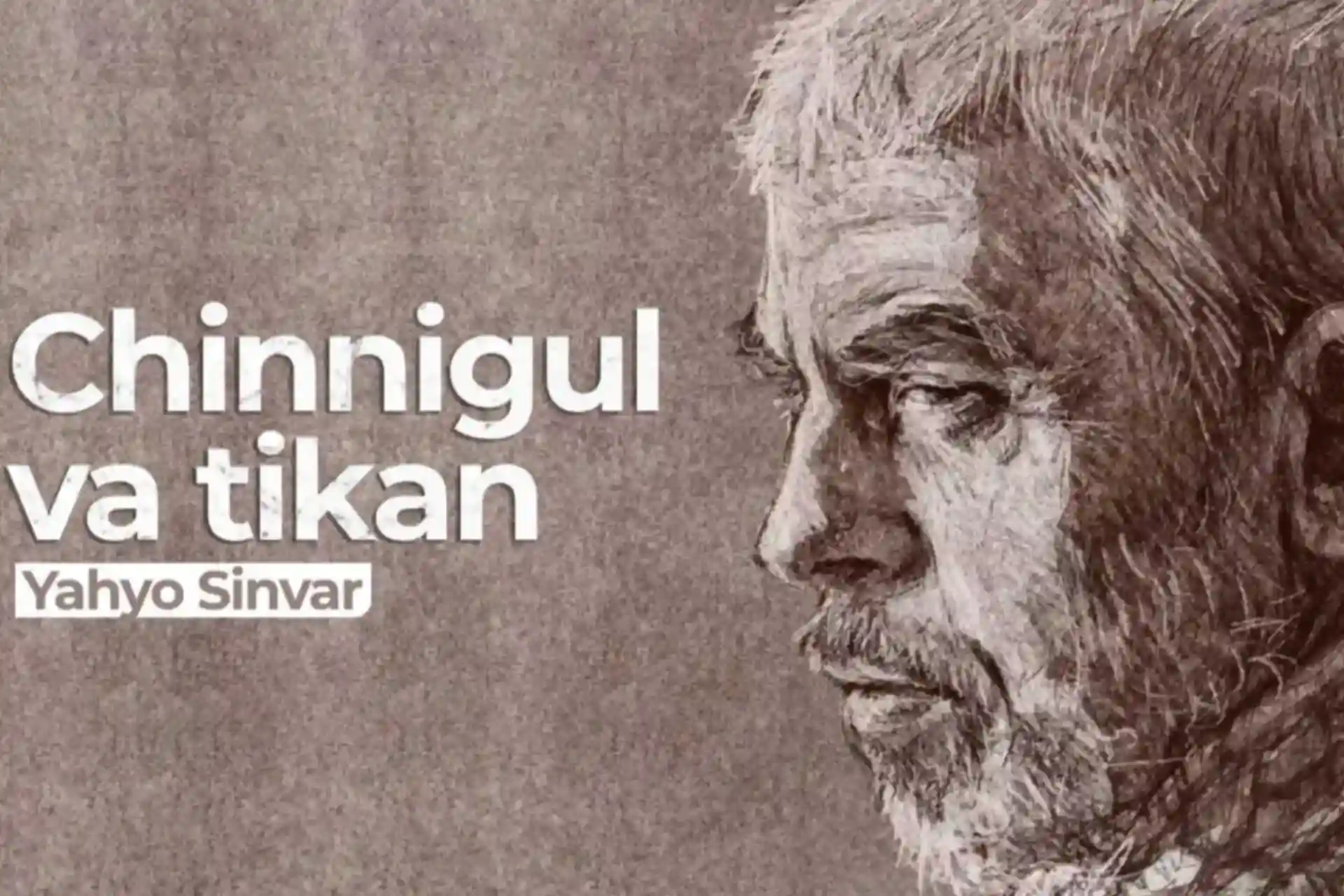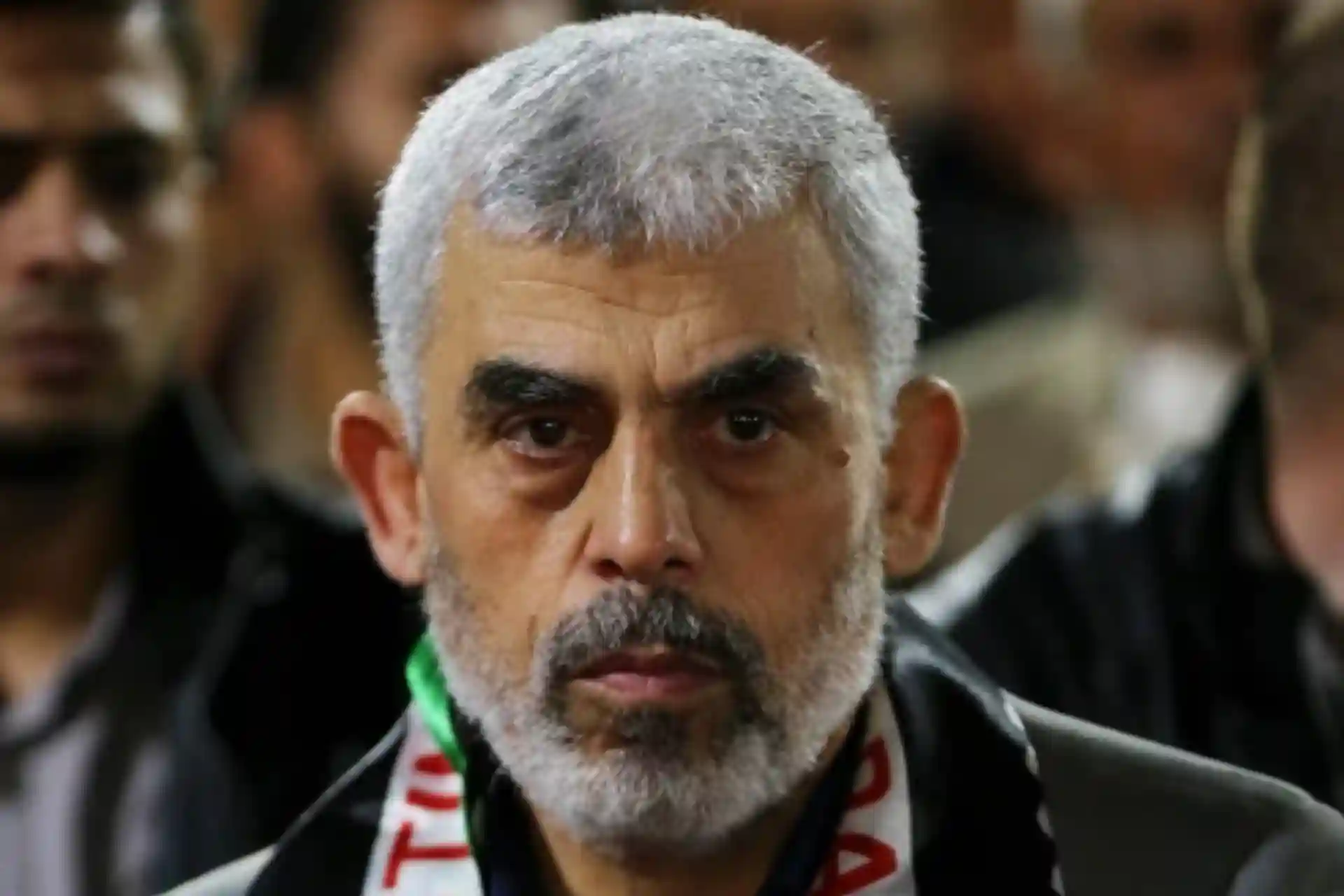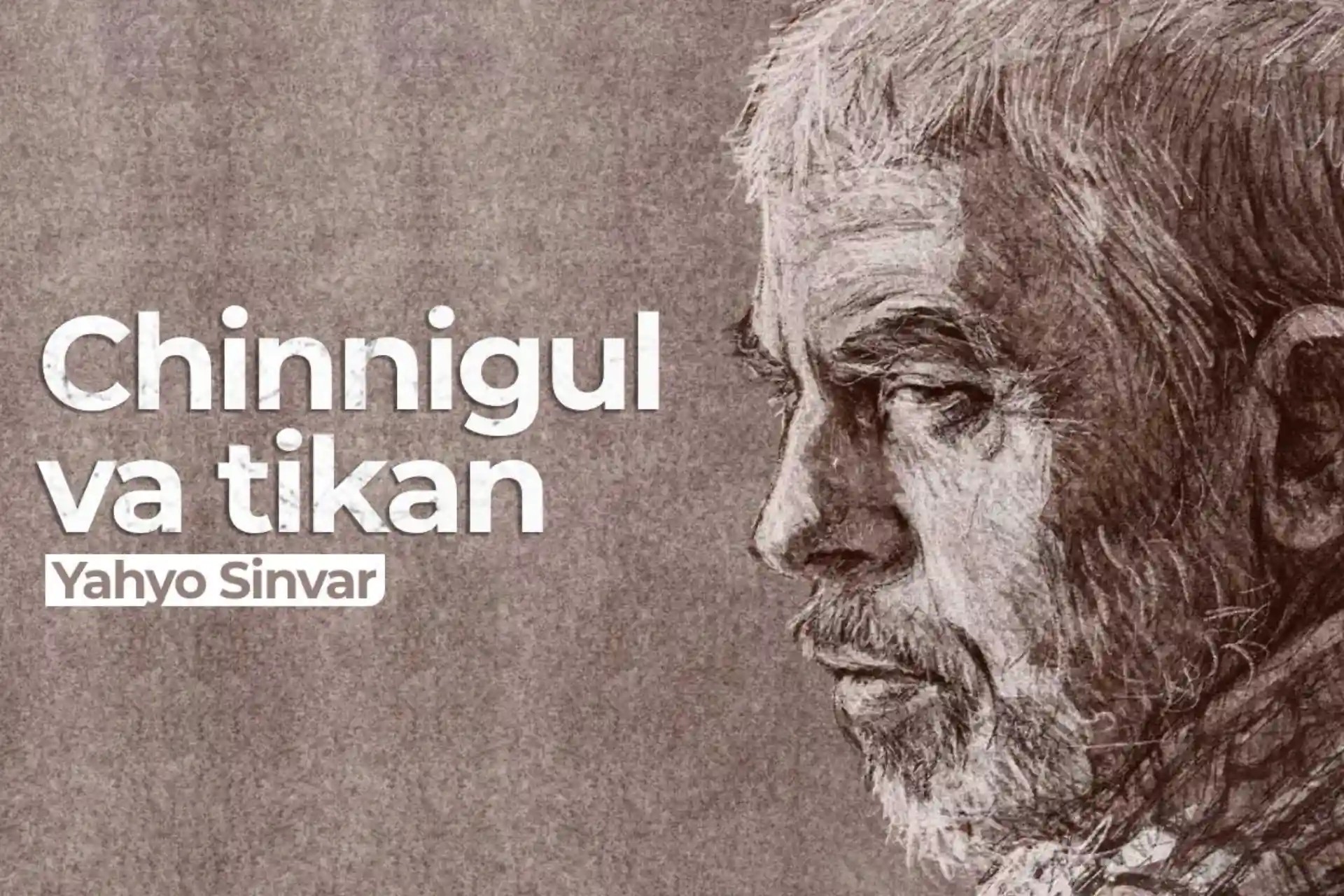"The Carnation and the Thorn" – Yahya Sinwar (story, part 30)
Abdulhafiz often came to our house. Abdulhafiz and others would gather in my brother Mahmud's room and discuss intellectual issues. Abdulhafiz would put forward the ideas of socialism. They would argue about dialectical movements, citing evidence from books written by Marx or Lenin. He would talk about the support of the Soviet Union for our people and emphasize that it would protect our rights. He believed that socialist countries would support us. Therefore, he would see this support as an opportunity and call for us to take advantage of it. As for my brother Mahmud, he said that we should not be divided into different ideological currents regarding our freedom, that each person should have his own opinion, and most importantly, he believed that we should unite under the banner of the "Fath" movement for the freedom of the homeland. Because on this path to freedom, both religious people and capitalists, socialists, Christians, and Muslims fit in. He believed that there was no need for intellectual differences.
On the other hand, Sheikh Ahmad also began to call people to his path. The murids who listened to the Sheikh began to attend the mosque and pray. They began to recite the Quran and study subjects such as fiqh, seerat, and hadith. Sheikh Ahmad gathered young men around him and taught them. In this way, the Sheikh's circle of students expanded.
My brother Hasan is generous. He makes many sacrifices for others. He took care of the expenses such as housing and Mahmud's education through his modest work. He did not abandon his studies. In addition, despite graduating with good grades, he also agreed to enter the Faculty of Industry. If given a little opportunity, he could have become a specialist in any subject. However, due to the difficult situation, he was forced to stay at the Faculty of Industry. Because he had to study, work , and support his family.
My brother Hassan was in the middle of a trade and met Sheikh Ahmad. The Sheikh bought his necessities from my brother Hassan several times . Then, seeing his good character and manners, he began to invite him to his religious circles. He invited him to scientific circles. He taught my brother Hassan that the path of religion is the path that brings salvation in both this world and the hereafter, and it entered his heart. My brother Hassan also led the prayer and promised to attend the mosque. After that, he performed ablution for every prayer and attended the mosque. Often , he did not return home until after the Maghrib prayer . In any case, my brother Hassan was not afraid of bowing down to prayer. Of course, this is good. Hasan is a mature young man, intelligent, and above all, he is smart. He also joined in the arguments between my brother Mahmud and his neighbor Abdul Hafiz. When Hasan akam refuted , he would present strong arguments, especially with Abdulhafiz, who would give well-founded opinions . Everyone accused Abdulhafiz of being an atheist, a disbeliever, and a blasphemer . However, Abdulhafiz seemed more knowledgeable than Hasan akam and the others because he had thoroughly studied the ideas he had been carrying during his imprisonment. He would make statements such as saying that religion was opium, that people were addicted to religion like drugs. He would attack the religious people, asking them what their contribution was to the freedom of the homeland . Hasan akam could not give satisfactory answers to these questions. Hasan akam would also argue with Mahmud akam on this issue. When he said that it was necessary to return to religion and reform oneself for the freedom of the homeland, Mahmud would receive stronger refutations from Mahmud akam. Hasan Umar (may Allah be pleased with him) used to cite this quote as evidence: "The end of this nation will not be reformed until it is reformed like its beginning." My brother Mahmud:
- There is no doubt about religion. We do not object to it. Only, there should be no ideological or religious differences in the path of the freedom of the homeland , - he would say. My brother Hasan would not find an answer to this and would remain silent. My brother Mahmud would start asking Hasan questions:
- There are also Christian children among our people. What can you say about them? What will be their place in the liberation of the homeland? If we declare a struggle for freedom , how will you address them?
My brother Hasan returned from the mosque the next day, bringing with him several books. One of the books was about socialism and its falsehood . The second was about the economic and political systems in Islam. The third was a book about issues of faith. The rest were just some books. He would read those books and look for answers to the questions he could not answer the day before. My brother Mahmud would comment on Hasan's progress , saying that he was growing up, and sometimes he would sit with him and ask about his attendance at the mosque and his activities. He would listen to what he said and advise him to stay away from the people he was associating with . When he sent Hasan away, he would involve my mother in the subject and tell Hasan not to join those groups.
We used to hear the term "Ikhwani" a lot . My brother Mahmud used to tell my mother, "That Sheikh Ahmad who teaches in that mosque and gathers people around him is an Ikhwani." My mother was worried about these words. Because
The "Ikhwan" (Muslim Brotherhood) did not recognize Arab nationalism, they were against Jamal Abdel Nasser, and even tried to kill him . There were rumors that the entire state system was against them, that they hated them, and that they were being persecuted. If my brother Hassan had joined this movement, he would have undoubtedly put himself in danger.
My mother would call Hasan and try to get information about the Ikhwanis, which she had heard from her brother Mahmud, about the Qazwals . Hasan would categorically deny that he had become an Ikhwani. He would say that no one had mentioned the Ikhwanis in the meetings he attended, and that all he did was pray and study the Quran and Hadith :
- We only receive prayer and religious education. No one talks about other communities. Is it wrong for me to study the Quran and our religion, Mom?!
- No , my son! Be careful , I say ... Don't get involved in stupid things again ...
"I stay away from things that are painful, you know. Can I give you a massage? Even if I don't do anything that's painful, I'll give you a massage for free, okay?"
So he would make my mother laugh and please her. Here I have often listened to conversations between Mahmud and Hasan, or between Mahmud and him, or between him and Hasan. It seemed to me that Mahmud 's words were more correct . But Hasan 's nobility still made people agree with his thoughts. Perhaps because of his simplicity, he made people feel at ease. For this reason, I was not afraid to go to the mosques with Hasan. At that time, I would sometimes pray and sometimes not. I started going to the mosque with him, and I participated in the class that lasted from Maghrib to Isha . Sheikh Ahmad taught the class. I attended the tafsir class of Surahs "Zumar" and "Muddathir".
Sheikh Ahmad spoke very eloquently. He spoke beautifully about the horrors of the Day of Judgment, the torments of the Hereafter, the blessings of Paradise, how the Messenger of Allah ( peace and blessings of Allah be upon him) received orders from his Lord , and how he raised the banner of the call to Islam .
To be continued...



